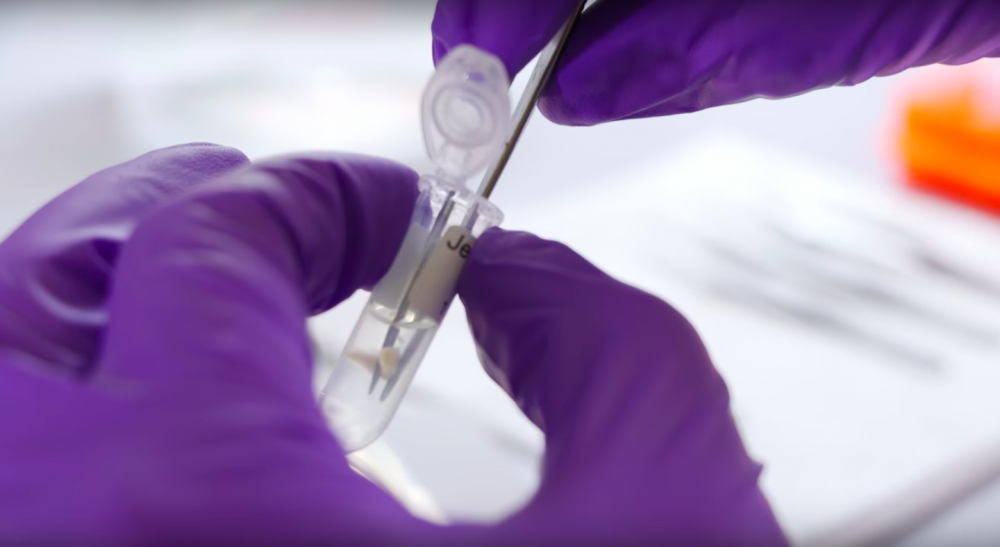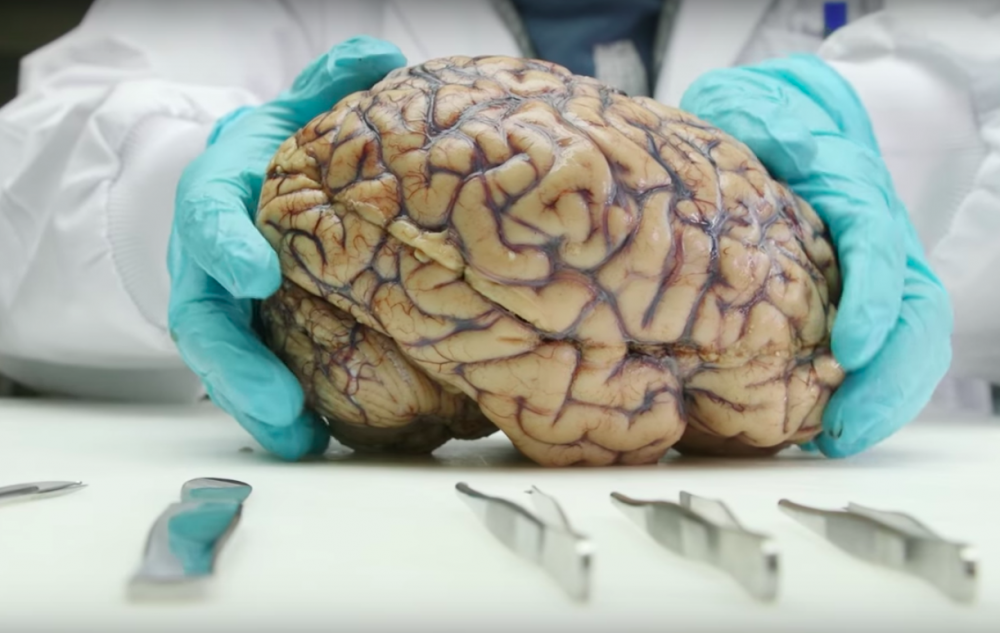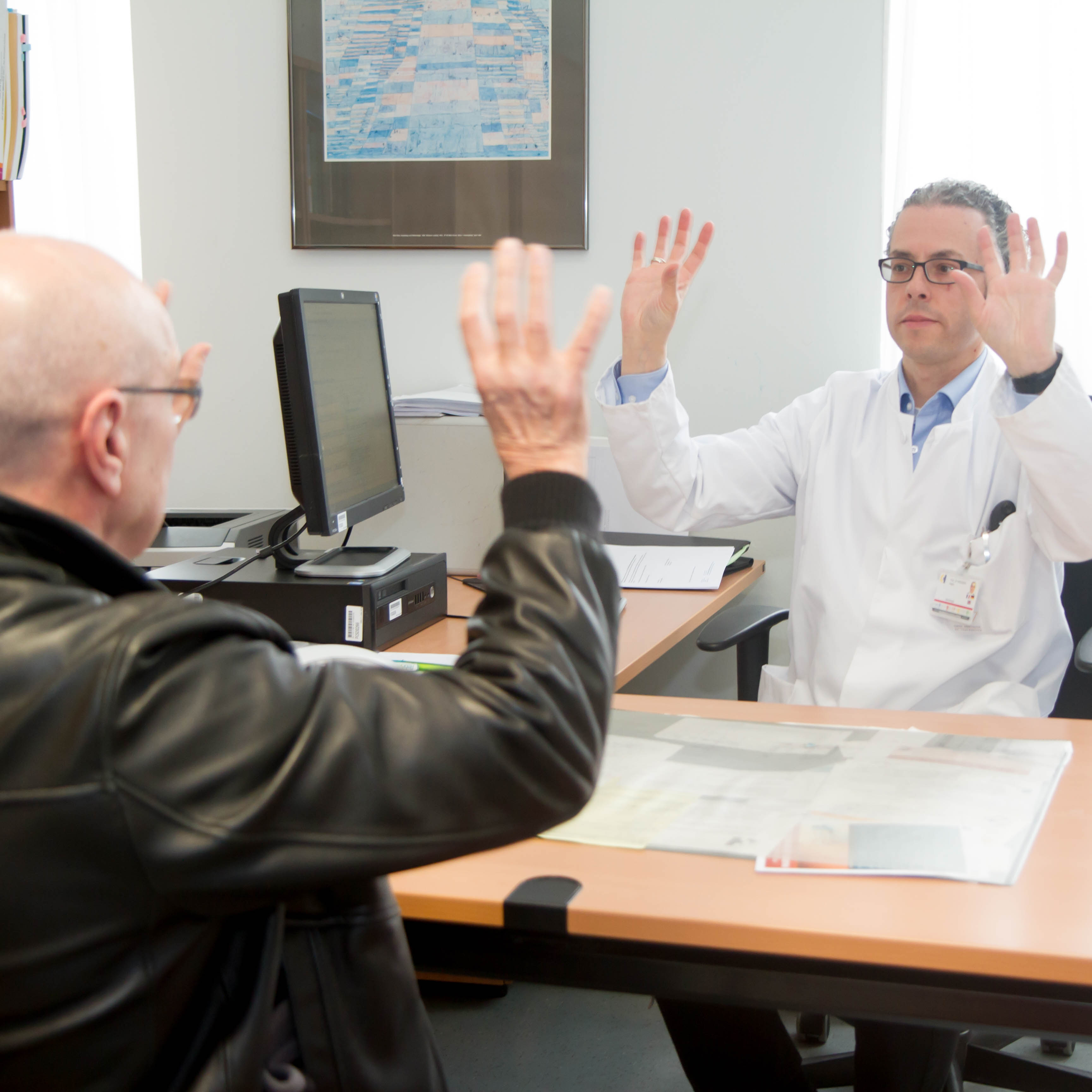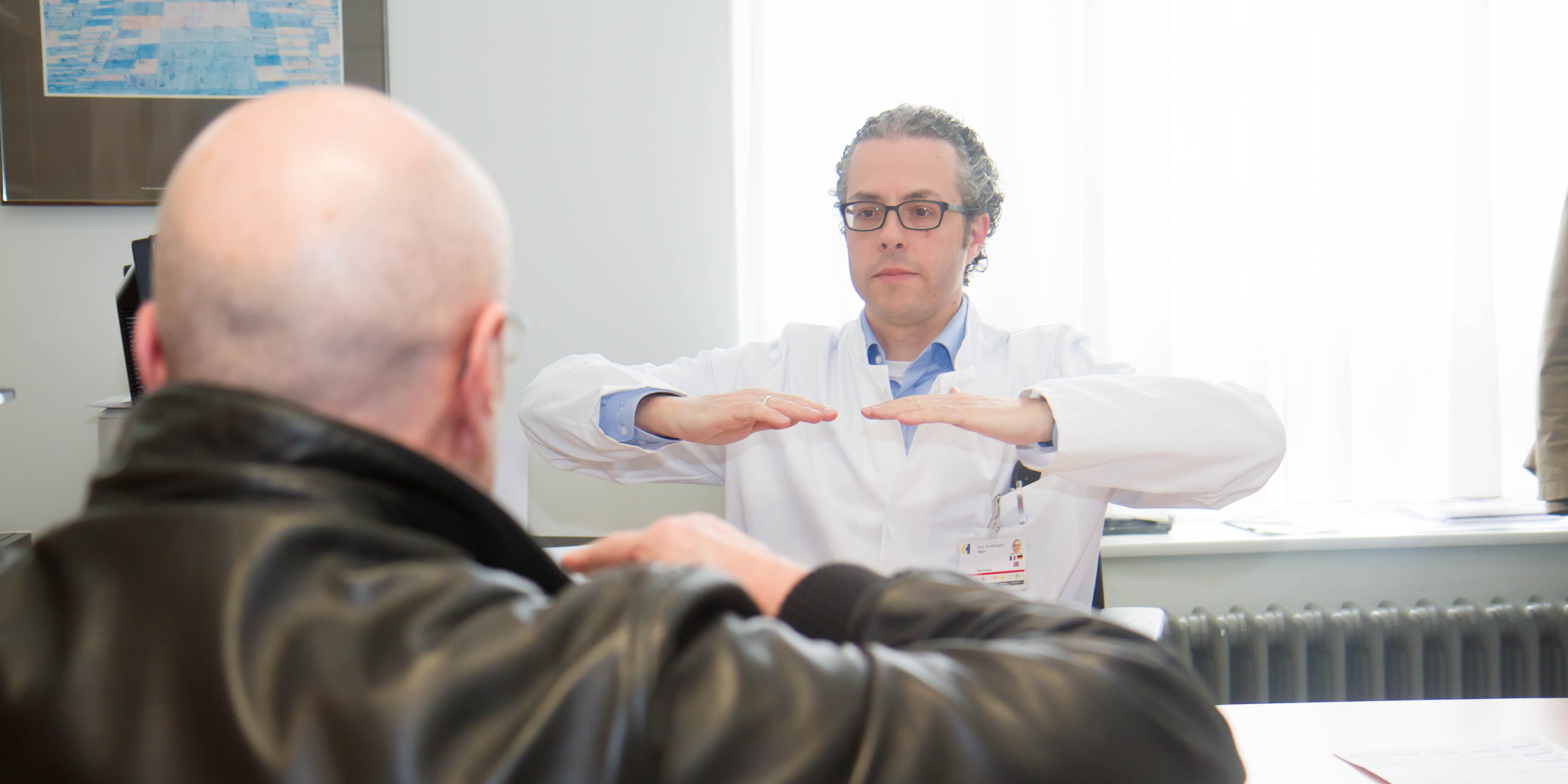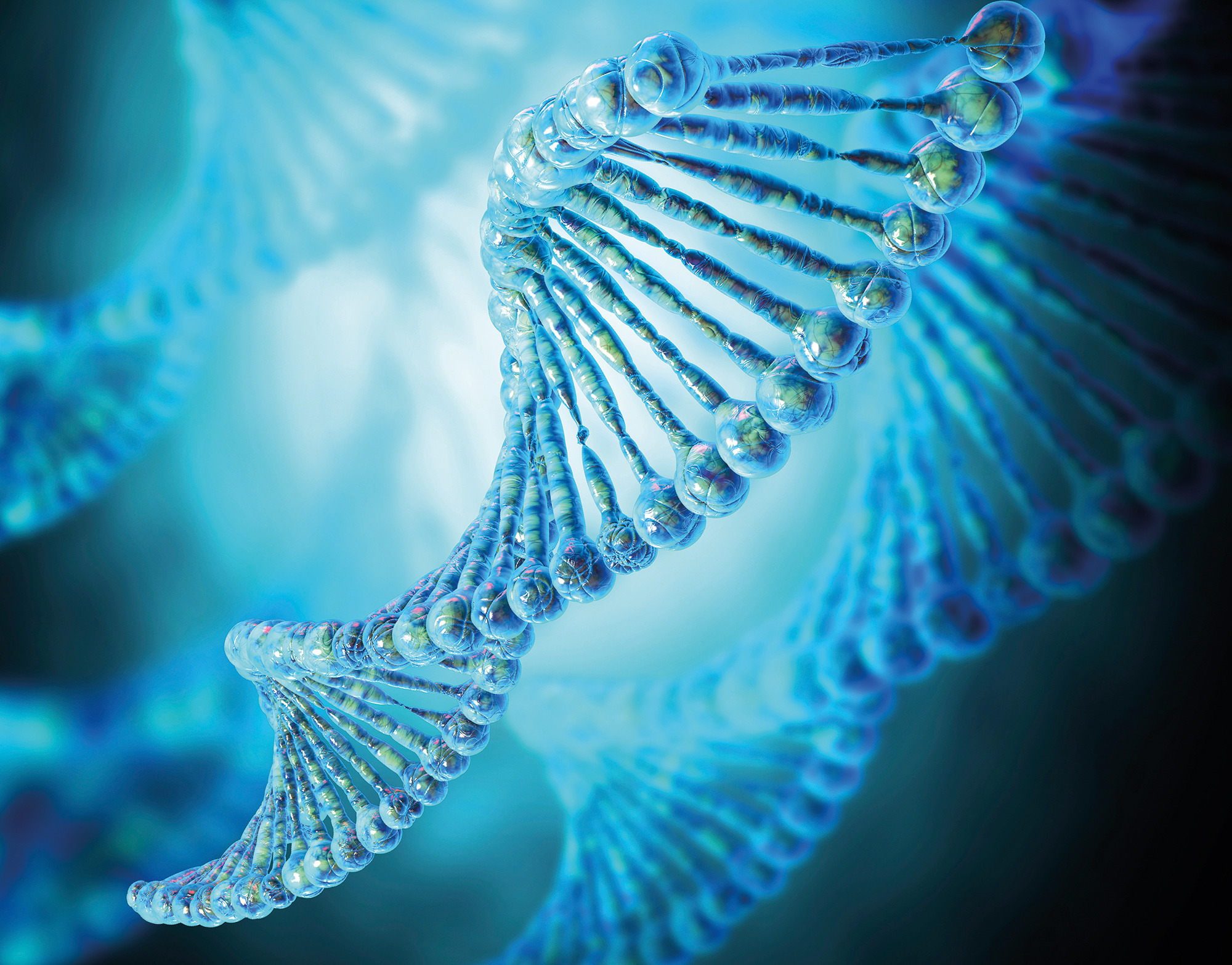The National Centre of Excellence in Research on Parkinson’s disease (NCER-PD) is in charge of the first brain donation programme in Luxembourg. NCER-PD collects post-mortem human brains from participants of the Luxembourg Parkinson’s Study who have decided to contribute their brains to research on Parkinson’s disease after their death.
By providing a repository of brain tissue, this initiative will contribute to the Luxembourg Parkinson’s Study but might also become useful for other ongoing research programmes. In the long run, it will contribute to prevent, diagnose, treat and cure disorders of the human brain.
If you wish to be a donor, we invite you to read the information in the following webpages and to register with the NCER-PD brain donor programme. If you need any specific advice and further information, please do not hesitate to contact our team (+352 4411 4848 or parkinson@chl.lu). We will be happy to answer your questions and guide you through the process.
What is brain donation?
Some people, with or without brain diseases, choose to make their brain available for research after their death. They are brain donors. Brain donation is an important part of research into neurological diseases: one donated brain can provide tissue for numerous studies. Some research results were only obtained thanks to these precious donations.
A brain bank is a repository of brains that have been donated for research. When a person decides to donate their brain for biomedical research, the brain bank gathers the tissue post-mortem, prepares it for future use in research, and stores it according to the highest standards. The tissue is then made available to qualified researchers working on scientific projects after an evaluation by an experienced sample access committee. The brain bank ensures compliance with ethical and scientific standards as well as donors’ privacy protection.
Why is it important to donate brain tissue?
Brain diseases affect millions of people worldwide - as an example around 1000 people with Parkinson’s disease are living in Luxembourg - and, with an ageing population, an increasing number of people will be affected by brain diseases within the next years. There is still no cure for neurodegenerative diseases like Alzheimer’s or Parkinson’s disease: research is needed to understand why they arise and to find new and better treatments.
There is still much we do not know about the human brain and research into brain diseases remains challenging. In order to understand neurodegenerative disorders, researchers need to explore the affected brain areas. Examining the brain tissue of a living person is extremely difficult: brain biopsies are only exceptionally justified (e.g. in case of cancer) and even the latest imaging techniques are not sufficient to observe the effects of the disease on the cellular level. Researchers need to study human tissue after death to find answers.
Post-mortem examination is the most direct way to understand the changes that occurred in the brain due to the disease. It is also the only way to make a definitive diagnosis for all neurodegenerative diseases. Lastly, observing human brains is necessary to translate findings into novel treatments and, in the case of disorders that have been treated with new drugs, to learn about potential effects that these disease-modifying therapies can have.
However, the currently limited supply of donated human brains is a barrier to medical progress. Increasing the amount of tissue available for research will support scientists' efforts to better diagnose, treat, and prevent brain disorders.
Brain tissue is precious, this is why NCER-PD has developed the first brain donor programme in Luxembourg dedicated to research on Parkinson’s disease.





